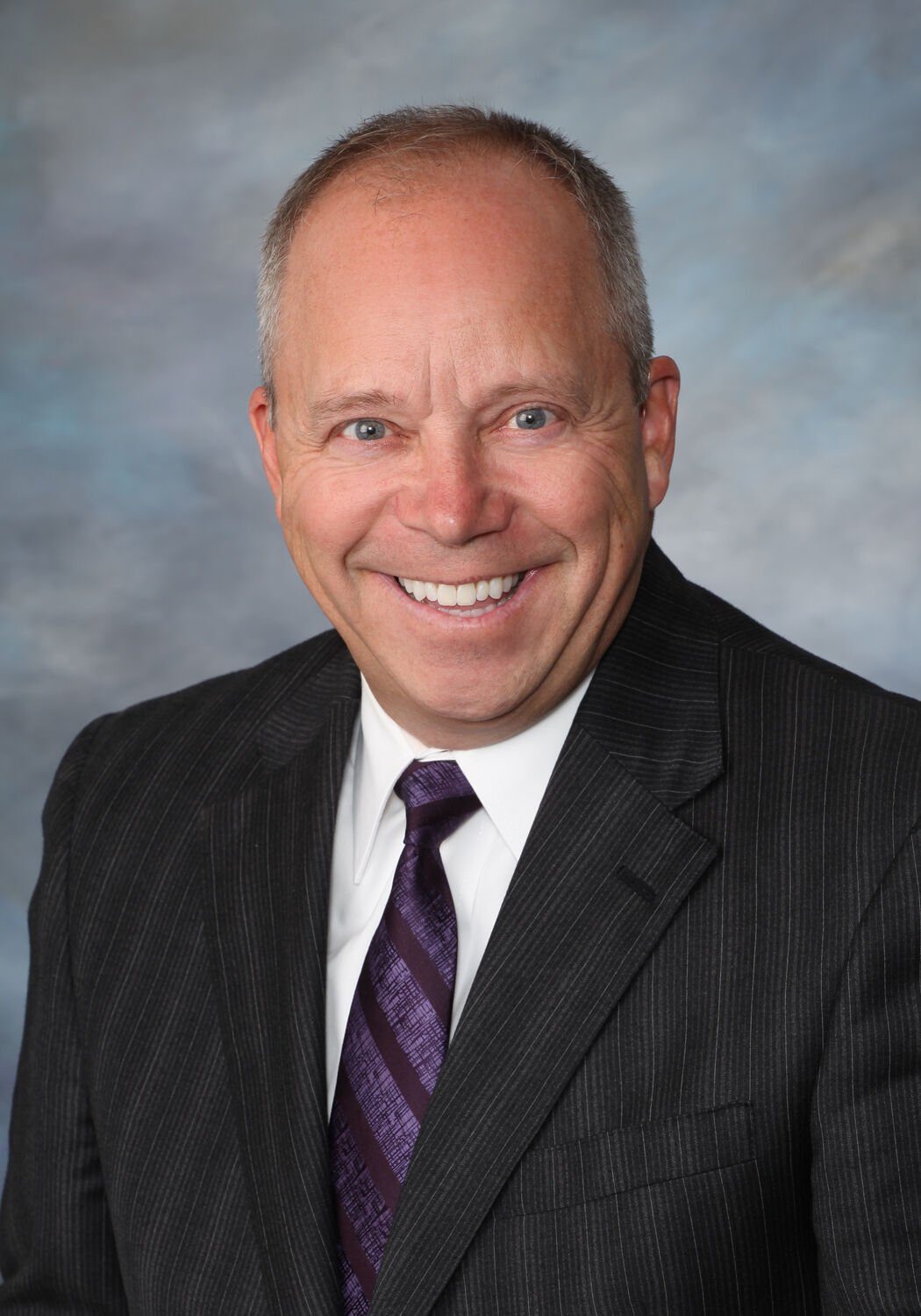With new degrees in hand, college graduates should focus on financial independence.
Understanding your financial situation is the key to success. Here are some quick tips proven to have a long-lasting impact.
Emergency cash
Emergency cash is a critical financial safety net. Your emergency cash fund, or minimum savings account total, should be at least $1,000 at all times.
Get debt under control
Tackling your debt starts by having a good handle on it. Ask yourself: Who do I owe and how much? What are my interest rates? What is the amount for monthly payments? What is the remaining term of my debt(s)?
When it comes to debt, there are two different theories: Pay off the balance of the debt with the highest interest rate first or pay off the smallest balance first. I am in favor of option two (the snowball effect), as this choice builds momentum and shows progress. Once the debt is paid off, take most of the monthly payment you were making and apply it to the next largest debt.
One important recommendation: Never borrow or cash in your retirement funds to pay off debt.
Also remember that, at tax-filing time, many people will be able to deduct at least some of the interest paid on their student loans.
Full emergency fund
I believe that three months of must-have expenses is a sufficient amount for your full emergency fund. Examples of expenses you will want to cover include housing, utilities, transportation, food, insurance, child care and tuition.
Retirement savings
It is never too early to plan for retirement.
It is important to have a retirement plan and think about 401(k) investments and Social Security. Social Security is a financial foundation, and although it only will replace part of your lost income when you retire, your investments and savings play a vital role in securing sufficient income for you and your family. The sooner you begin to put money away, the more time you have to save for retirement.
Just setting aside a small fraction of each paycheck — even as little as $10 per week — will pay off in the long run.
Planning for your future begins now. In the beginning stage of your career, work to set aside a certain percentage of your income.
Make sure you take the time to educate yourself on different financial plans and situations. Here are a few examples: IRA-Regular or ROTH (you can put aside up to $6,500 per year), simple plan (up to $15,500 per year) and 401(k) plan (up to $22,500 per year).
Home mortgage
Many people don’t know how much to spend when purchasing a home. My recommendation is 25% of your gross income, which will be split to cover your mortgage payment, property tax and insurance.
As an example, if your salary is $120,000 and you take 25% of that income, you are left with $30,000 to divide between the payments noted above for a year.
Because a home mortgage is typically the lowest loan rate you will have, your mortgage debt should be the last debt to pay off. When looking at your financial situation and deciding how quickly you want to pay off your mortgage, review your financial goals and ask yourself the following: Have I set aside money for an emergency fund? Is my debt under control? Am I putting a portion of my income toward retirement?
If you answered “no” to any of these questions, consider making them a priority before your mortgage.
Although it might sound like a great idea to pay off your mortgage early, make sure you think of possible upcoming expenses such as vacations, a wedding, college tuition, etc. For these experiences, you might want to have extra money on hand instead of it being held up in your prepaid mortgage.
There are advantages of putting extra money in savings.
Making smart investments like opening a business or paying off medical bills requires money in the bank instead of in a house. Remember, you cannot get back your extra mortgage prepayments from your mortgage servicer.
You also will have tax benefits. In many instances, mortgage interest is tax deductible.
Build wealth and leave a legacy
The idea of building wealth for you and your family might be intimidating. People can be focused on getting by financially, so they don’t think enough about creating a long-term financial legacy.
Building wealth begins on a personal level with the basics: understanding your finances, keeping your debt under control, budgeting, spending your funds as effectively as possible and investing wisely.
Leaving behind a financial legacy takes organizing and planning. It begins with consistently overseeing your finances. As time passes and you grow your wealth, you then can start constructing a strategy for transitioning it to the next generation.
Once you have your financial plan in place and a good grasp of your financial situation, one of the best things you can do is teach your family about money. The more they know about personal finance, the more likely they will effectively manage their money and be great custodians of their inheritance.


